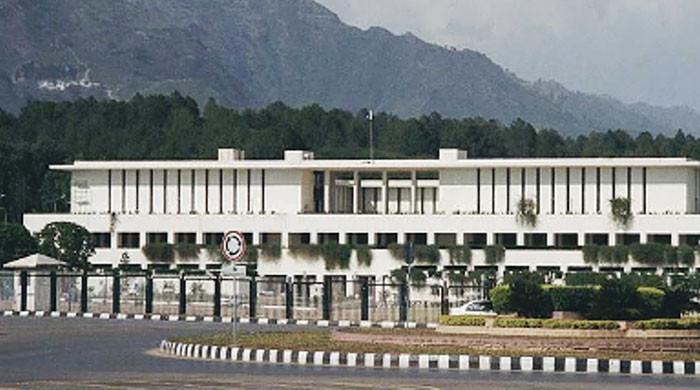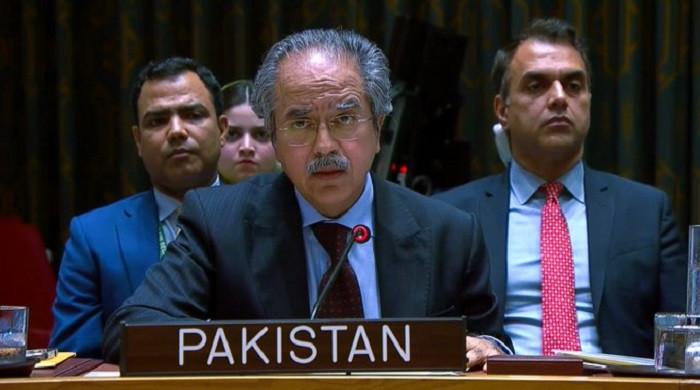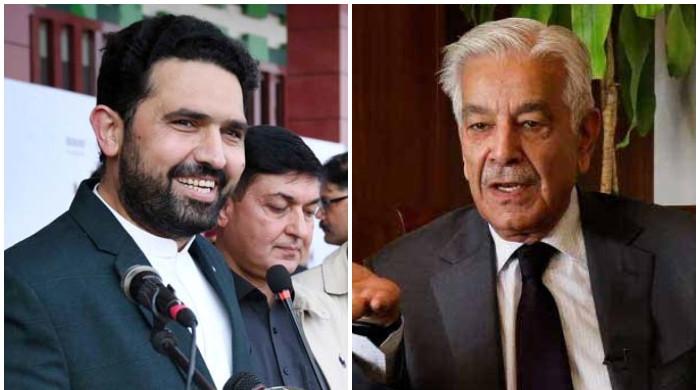SC verdict on army chief extension 'flawed', 'will seek a review': Fawad Chaudhry
Science and technology minister says cabinet is mulling review petition into November 28 ruling
December 14, 2019
Federal Minister for Science and Technology Fawad Chaudhry has said that the Supreme Court of Pakistan does not have the authority to dictate to the parliament on what matters to legislate on and how, Voice of America (VOA) reported on Friday.
The top court, in its November 28 verdict, had allowed the federal government to grant a six-month extension to Chief of Army Staff General Qamar Javed Bajwa, directing the government to legislate on the army chief's tenure and extension during this time.
Chaudhry, while speaking to VOA Urdu, questioned the judiciary's authority to direct the parliament on legislative matters, saying: "The Supreme Court's orders have a lot of legal defects and shortcomings. It almost eliminates Article 243.
"The Supreme Court cannot tell the parliament that 'you can legislate on this but cannot legislate on that' or 'you can or cannot extend the duration'.
"In the 1956 and 1962 constitutions, the duration of the army chief's tenure was ascertained. But after many debates and arguments, it was taken out of the 1973 Constitution, and there was a reason for that because the Parliament wanted the prime minister to be empowered.
"If you assign a specific amount of term to the army chief then how would you remove him before the expiration of his term, if need be. Therefore, the Supreme Court's verdict has a lot of flaws and it needs to be corrected."
Chaudhry said that the federal cabinet was awaiting the release of the detailed verdict of the apex court, after which the government would decide how to proceed forward. The decision to file a review petition still has to be finalised, he clarified.
When quizzed about the differences that exist between the government and the opposition, and how they could hinder efforts aimed at the smooth passage of any legislation in the parliament, the minister was of the opinion that all political players in the country were on the same page on the matter, since the army chief was apolitical.
Any new legislation passed by the parliament would require at least a simple majority — two-thirds majority required for a constitutional amendment — in both the lower and upper house of the legislature.
The ruling Pakistan Tehreek-e-Insaf, presently governing through a coalition government, has a majority in the National Assembly but does not have the same in the Senate.











